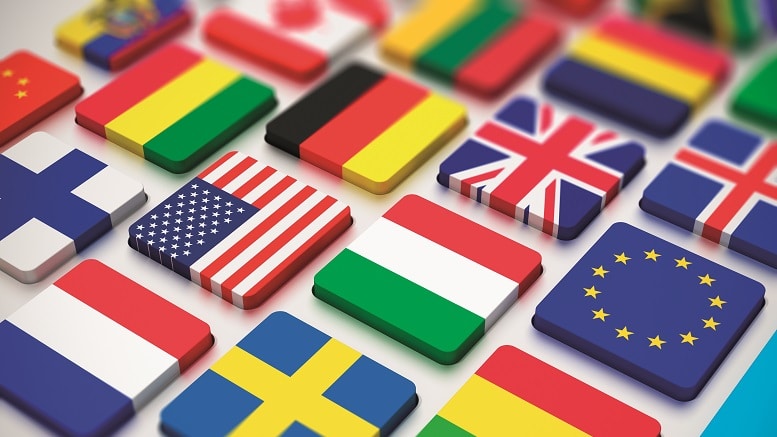By Lesley Batchelor OBE, Director General of the Institute of Export & International Trade
Trade agreements are usually referred to as ‘Free Trade Agreements’ and are a reciprocal relationship between countries in terms of preferential tariffs on the goods or services each exports to the other.
Each agreement must benefit both parties and they will look to protect their national business interests while trying to facilitate bilateral trade.
This, by its very nature, can prove difficult to achieve.
Negotiation can be arduous, as we have seen with the EU trade deals, but are great once finalised for those on both sides of the deal to promote and increase trade between the two countries.
The long-awaited Comprehensive Economic and Trade Agreement (CETA) between the European Union and Canada should take effect on a provisional basis this April, now it has been approved by the European Parliament.
The CETA agreement is expected to benefit EU exporters by removing up to 90% of tariffs on EU goods sold to Canada and vice versa. It is also expected to open up access to many service sectors, as well as enabling EU businesses to tender for regional and national Canadian government contracts.
This agreement, if negotiated along similar lines between the UK and the EU, would certainly have the effect of reducing the impact of customs tariffs for trade between the UK and the EU, without requiring the UK to contribute to EU budgets, or accept freedom of movement of people.
It is worth remembering, however, that these tariff benefits would only apply if goods can be shown to originate in the UK or EU, based on complex rules of origin. Traders would have to provide proof of originating status, which would have an administrative impact on businesses.
Critics also point to the lengthy time which is typically taken to negotiate similar free trade agreements – in this case seven years.
However, there is a double-edged sword here. Although any trade deal may be less complicated because it would be the UK only negotiating, therefore it must be less complex than finding consensus with 28 countries, the fact that it is only the UK may possibly reduce the priority.
The good news is that it is hoped that UK traders will begin to experience the benefits of CETA, although they will only last for as long as the UK remains a member of the European Union. Access to the agreement and the benefits which it brings will cease once the UK leaves the EU.
Ironically, UK companies may then find themselves disadvantaged by CETA, if competing to sell goods in Canada up against other EU companies who will still have the preferential status. This is just one of the many wrinkles that must be ironed out as the UK learns to negotiate trade agreements.
You could get a head start by studying with the Institute of Export & International Trade – www.export.org.uk/qualifications
Lesley Batchelor OBE


Be the first to comment on "Why negotiating trade agreements can be difficult"